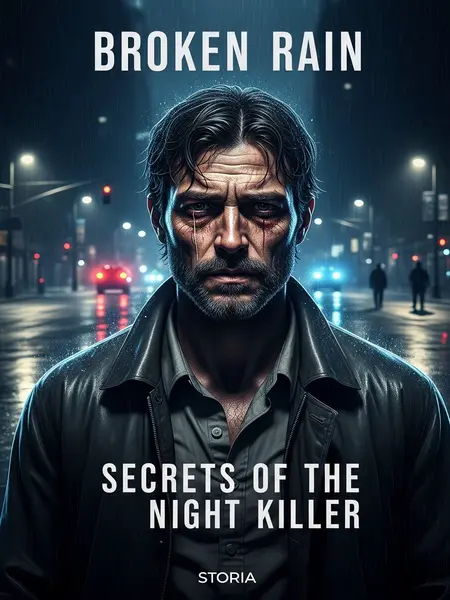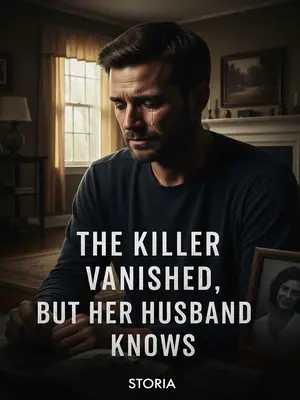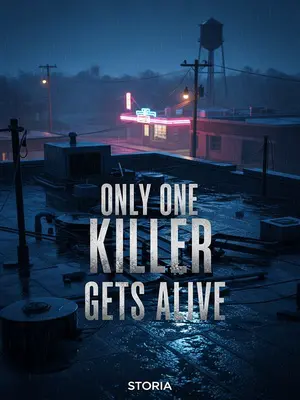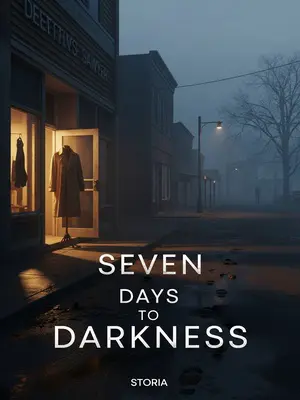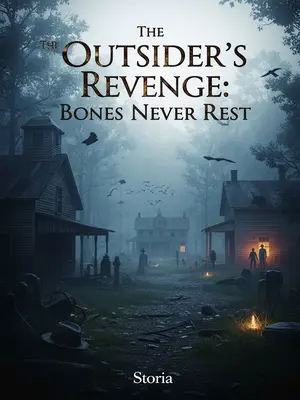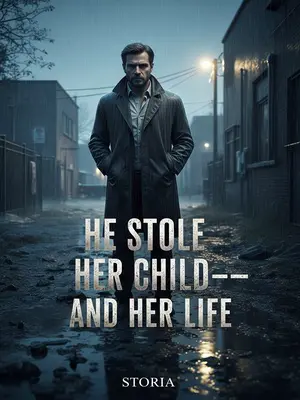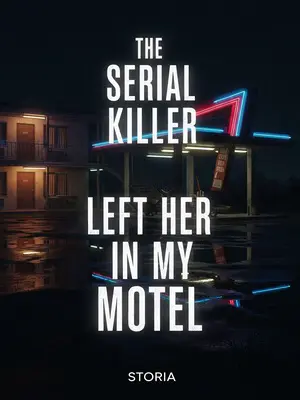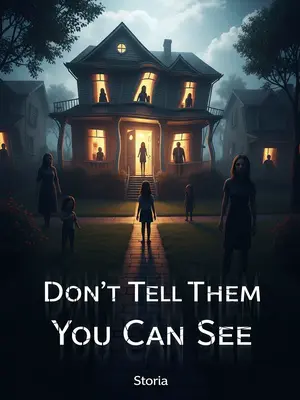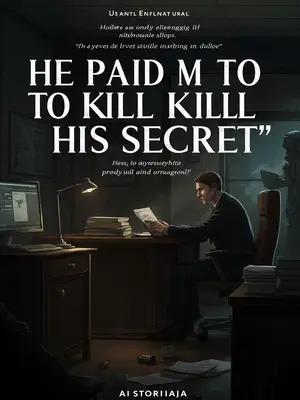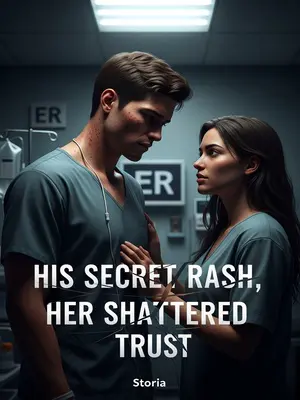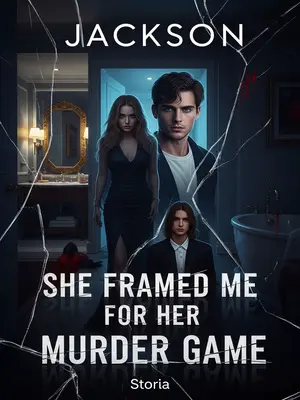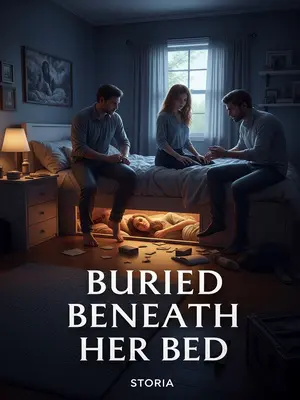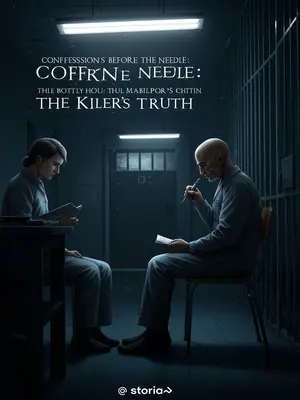Chapter 5: The Witness Returns
That tiny detail cracked the case open. The niece's story brought the past roaring back. It was like a missing puzzle piece falling into place after years of staring at the board. Too neat.
We thought the killer had been silent so long nothing would happen, but a murder occurred on a rainy night days later. I figured the killer must have been watching the first victim’s family. When he heard the niece had returned, afraid the truth would come out, he struck again. He was listening.
The timing was too perfect to be coincidence. I felt a chill—like someone was always watching, waiting for the right moment to strike.
I suggested visiting the victim’s family. The chief thought I hadn’t worked a case in years, so he assigned me an assistant: Madison Grant, a rookie cop, the department’s rising star—highest marks in her class. Madison agreed with my theory and was even more thorough. She investigated everyone who’d contacted the victim’s family over the years. No one suspicious—just old neighbors. Only two stood out: me, who visited often out of guilt; and Chief Rick Dalton, who visited mostly during holidays, bringing gifts from the office.
Madison was all business—clipboard in hand, hair pulled back, eyes that missed nothing. She was already two steps ahead. She had a way of making people talk, even when they didn't want to. I respected her tenacity, even as I felt her gaze lingering on me a little too long.
But Dalton and I visited all the victims’ families, not just this one. Still, there was one detail: the card slipped under my door. If we could find who left it, we’d have our killer. Madison looked up at me and smiled…
Her smile was sly, almost conspiratorial. She was already two steps ahead. "We'll get him," she said. For a moment, I almost believed her.
The victim’s family didn’t have much to add—the killer left almost no evidence. After leaving, Madison kept an eye on the street and nearby cameras. Back at the station, she checked security footage from my building. But no one entered or left before or after I got the card, so we couldn’t ID the killer. Madison thought there were only two possibilities: either the killer had another way in, or they were already inside. But after checking all the residents, almost everyone had an alibi. The few without were elderly and couldn’t have done it.
Madison was relentless, her notes filling entire binders. Color tabs everywhere. She mapped out every possible entrance, every schedule. The only thing missing was a smoking gun.
That night, Madison came to see me alone, her eyes sharp. She said, "Detective novels always say: 'When you eliminate all impossibilities, whatever remains, however improbable, must be the truth.'" Of course she did.
She leaned against my kitchen counter, the hum of my ancient fridge filling the silence. Her confidence was infectious, but I could see the doubt flicker behind her eyes.
I looked at her, then handed her a can of Coke: "Tell me your theory. But I might not buy it—no offense. You know, detective novels are just stories—real life’s different."
She said my old nickname like a challenge. I felt a chill, but I kept my face blank. The room seemed to shrink, the air thick with tension. I didn’t blink.
Madison re-upped her evidence packet, and I became the focus of the investigation. The department’s review matched her theory: almost everything over the years was connected to me. During the victims’ times of death, I had no alibi for any of the cases. Other colleagues sometimes lacked alibis, but not every time. She brought up the note found at my home, which couldn’t be proven to be left by anyone else. So Madison guessed I might have written the note myself as a red herring. The police cleared me because I wasn’t left-handed. But since Madison thought the left-handedness was also a red herring, I was still the most likely suspect. IA sniffed around.
I watched as Madison angrily smashed her coffee mug, her eyes fierce. But the next second, I was calm again and sighed: "I admit your logic is sharp, but it’s not correct. I’ve shown you everything you wanted to see. Before you find real evidence, stop guessing. This isn’t police work."
Her voice trembled at the memory. I could see the shame, the years of regret etched on her face. She clutched a card in her hand, her knuckles white.
Madison took a card from her wallet, wrapped in brittle paper. She said it was the victim’s lost debit card, and the wrapping was a letter. The letter said…
She handed it to me with shaking fingers. The card was faded, the letter creased and stained. I read the words, feeling the weight of years pressing down.
It was simple: she’d gathered some money to use with her lover. She knew the man’s situation and wanted to marry him—to make it official. Later investigations showed the so-called lover wasn’t a lover, but the first victim’s brother. Most of the money in the card was from her brother, but no one ever used it.
